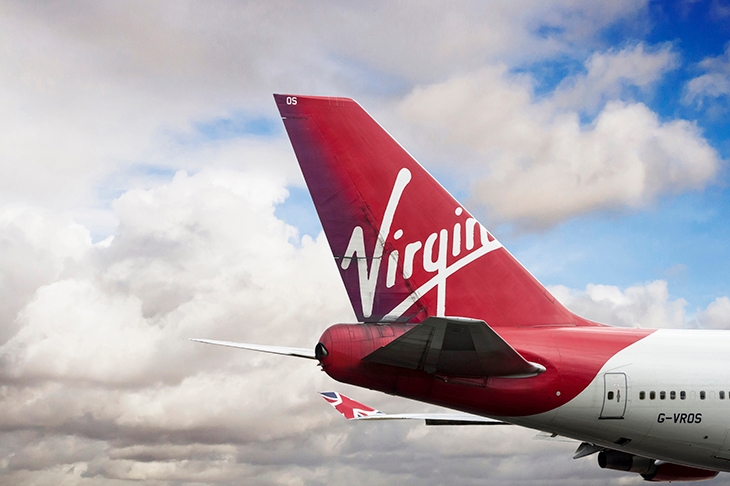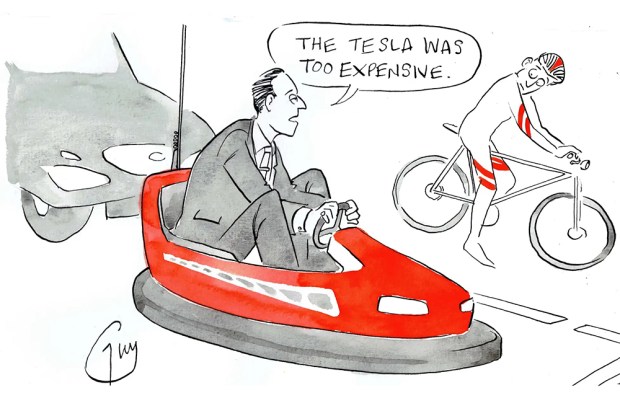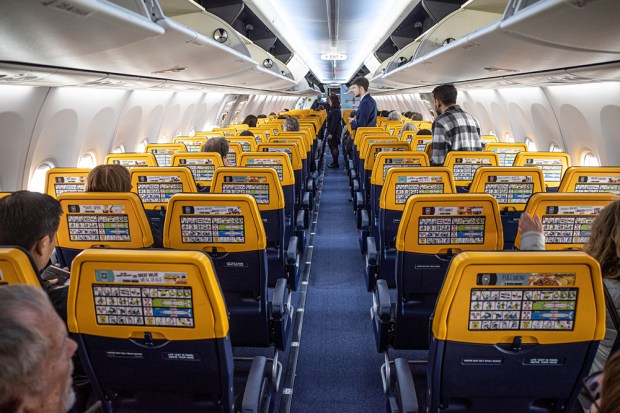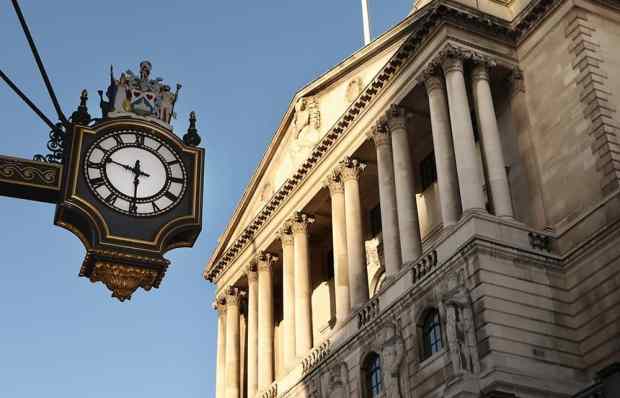British Airways warns of 12,000 redundancies. Ryanair announces 3,000 job losses as ‘a minimum to survive the next 12 months’; Virgin Atlantic adds 3,000 more. The aero engine makers Rolls-Royce and GE talk of more than 20,000 job losses between them. Of all the sectors hard hit by pandemic, aviation is one whose prospects look blighted as far as the horizon. What should governments do about it?
Global trade will return to pre-crisis levels, but business travel may never do so: why would companies bear the risk and expense when video-conferencing is so cheap and efficient? Even if vaccines against Covid-19 are available by next year, international travel will be constrained by fear of the next virus. Health checks and quarantine rules will be the new normal for arriving passengers, as will hostility from locals even for travellers whose apps or passport stamps say they’re clean. The airport experience — Heathrow’s boss speaks of kilometre–long social-distanced boarding queues — will be grimly endured rather than relished as the duty-free opportunity it used to be. Millions of holidaymakers will lose the habit of going abroad.
All this looks bleaker today than it did when I argued in March that governments should not offer the instant bailouts airlines had begun to call for. I stand by that argument. As Michael O’Leary of Ryanair has angrily pointed out, survival prospects for European operators are already being distorted by ‘subsidy junkies’ such as Air France and Lufthansa ‘hoovering up state aid’ — while Spain lobs a billion euros into Iberia and Vueling, sister companies of British Airways in the IAG group.
But taxpayers’ money pumped in now may be wasted — because what will be needed in a few months’ time will be a far more radical reconstruction, at reduced scale, involving mergers of the strongest, and new ventures emerging from the wreckage of the old. It will be one of those periodic ‘gales of creative destruction’ that Joseph Schumpeter told us capitalism requires for renewal — but it will also be a moment when state intervention, including equity stakes, will be vital to remake aviation’s role in the wider economy. Finance ministers should hold back until that runway is clear.
A job for O’Leary
Michael O’Leary, incidentally, has long been a hero of this column as the creator of a hyper-efficient business model that smashed Europe’s state airline cartel to smithereens. So it was good to hear him lashing his competitors — and pointedly not asking for subsidies — in an interview last week. He wasn’t wrong when he once called himself ‘an obnoxious little bollocks’ — but if the worst happens, Ryanair goes down and he’s out of a job, Brussels should make him its commissioner for economic recovery.
The pariah of Zurich
Marcel Ospel, the former boss of UBS who has died of cancer aged 70, was Switzerland’s Fred Goodwin — another arrogant banker who flew too close to the sun. Back in 1995, Ospel was the thruster from humble origins in Basel who changed the face of the City by stepping in to buy Warburgs, the pre–eminent British investment bank, after it had stumbled into losses but failed to complete a rescue merger elsewhere. In the 2000s he went on, as Goodwin did at RBS, to build a world-scale financial conglomerate — but with a balance sheet increasingly bloated by toxic assets.
And just as the former Sir Fred was shunned by Edinburgh society after the 2008 crash forced both banks into bailout humiliation, so Ospel became a hated man in his native land. Rescued by bodyguards from angry shareholders at his last AGM, he was forced to abandon his regular table at Zurich’s Kronenhalle restaurant after other lunchers complained. Worse, it was reported that he had resigned from the exclusive Schönenberg golf club because he was too embarrassed to walk from the ninth green to the tenth tee across the front of the clubhouse. The jail sentences and wealth confiscation for which their critics clamoured were never going to happen in either case, for the simple reason that delusional risk-taking with the full support of your board is not a criminal offence. But for former members of the global elite, pariah status is still painful punishment.
Golden share
The FTSE100 index lost ground again at the end of April — not dramatically, but with so much foreboding in every business news bulletin, it would be wise to brace for a further correction. One constituent stock that looks relatively robust, however, is Reckitt Benckiser: maker of a sturdy range of household products from Dettol to Strepsils, it reported a 13 per cent sales surge for the first quarter. After a dip in March alongside the rest of the pack, its shares have recently been at their highest level since September and are certainly a candidate for our ‘pandemic recovery portfolio’.
The merits of buy-and-hold investment in trusted consumer brands — the essential principle of Warren Buffett’s success — are evident not only in these shares’ tenfold rise since the 1999 merger of Germany’s Benckiser with the very English firm of Reckitt & Colman, which made disinfectant in Hull and mustard in Norwich. I happen recently to have been acting as executor for a very old lady whose father, a Hull businessman, had been a loyal Reckitt investor since before the war. The shares he left her in the early 1950s — untouched through seven decades of boom, bust and shock — have grown into a truly golden nest egg.
There’s an extra reason to buy Reckitt Benckiser for long-term recovery: its product portfolio also includes Durex, whose sales have been hit, says chief executive Laxman Narasimhan, because ‘this virus is taking a toll on the number of intimate occasions in the UK’. But if and when social distancing is no longer de rigueur: whoopee!
Got something to add? Join the discussion and comment below.
Get 10 issues for just $10
Subscribe to The Spectator Australia today for the next 10 magazine issues, plus full online access, for just $10.
You might disagree with half of it, but you’ll enjoy reading all of it. Try your first month for free, then just $2 a week for the remainder of your first year.















Comments
Don't miss out
Join the conversation with other Spectator Australia readers. Subscribe to leave a comment.
SUBSCRIBEAlready a subscriber? Log in